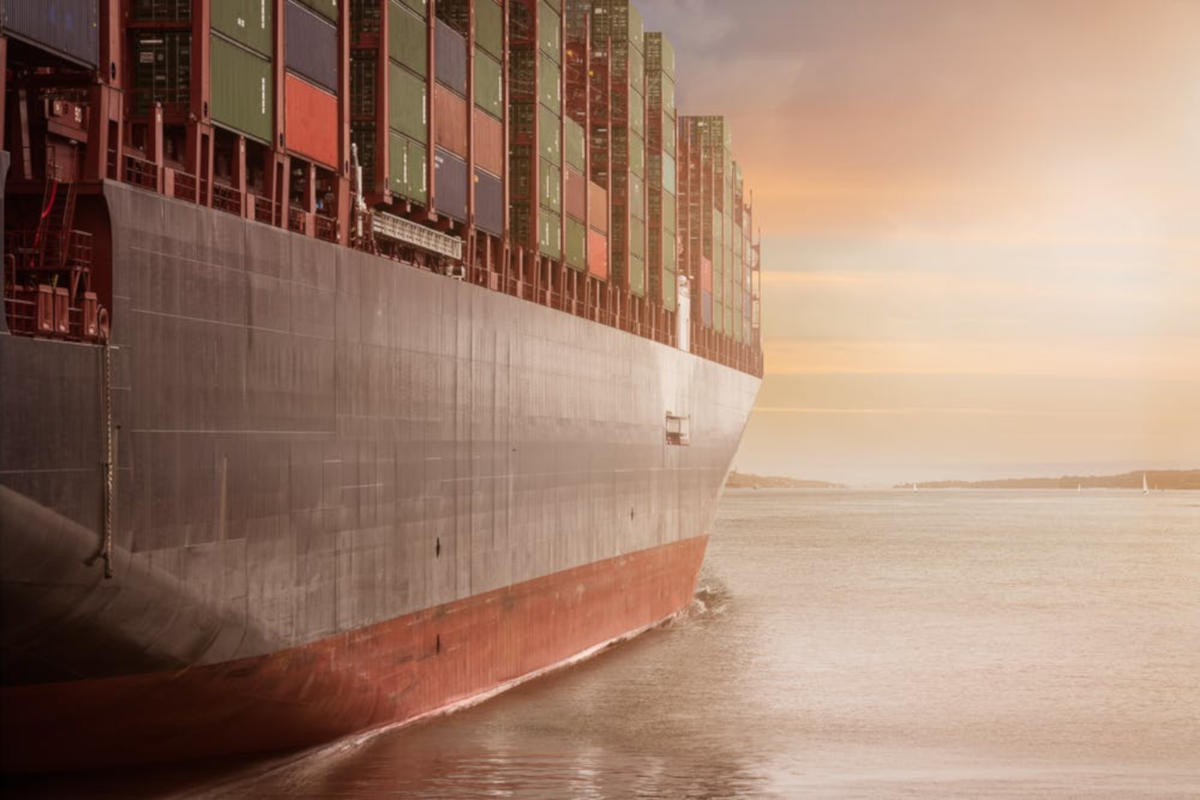
Across Europe, the COVID-19 crisis has led to a collapse in trade in goods and services. Measures to contain the spread of the virus have resulted in a sharp drop in trade and services. The transportation industry, products, capital goods, outdoor goods and tourism have stalled for many, many months, the question arises: How is the world changing?
In Europe and the rest of the world, the way we live, think and act has changed. The parks are full of families walking while the city is in lock down. Parcel services have grown exponentially as customers order online as stores have been closed for months. Because of the many long lockdowns, shopping among Europeans is on the decline. Many shops and restaurants have closed permanently. People in financially more difficult countries are looking for ways to save money. Europeans are less optimistic about the economic recovery than people on other continents. Because of the many restrictions, people are looking towards the digital such as entertainment, shopping, and restaurant delivery options. People in Europe are changing from a cash society to a cashless society.
The coronavirus, including the impact on consumers, has infected world trade to the point where some import and export runs are slower but others no longer exist. The current situation caused by the coronavirus presents enormous challenges not only for importing and exporting countries in Europe, but also for the entire global economy.
The main problems of foreign trade are:
- Supply chain disruptions worldwide
- Restrictions or even the closing of border crossings
- Quarantine regulations
- Customs clearance delays
Some long-term problems that affect the level of imports are unemployment, shop and restaurant closures, changes in the way consumers shop, and the end user’s financial resources.
As COVID-19 has spread around the world, the general terms and conditions for doing business abroad are changing. In Europe, many companies have switched to short-time working, which means that workers may now only work 4 hours a week instead of 36 or more. Many companies have slowed down or even stopped their production. In countries like Germany or Austria, the number of people receiving state benefits is increasing dramatically due to job losses, while in other countries it is reported that people are starving because they have no work. Globally, more people die of hunger than of the virus itself.
